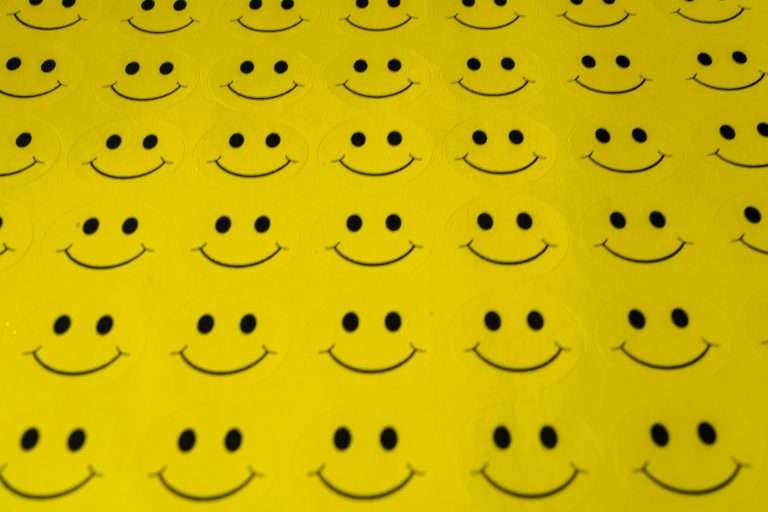Over 2 millennia ago, Socrates declared that the unexamined life is not worth living.
If we were to adapt this maxim for the 21st century, a good candidate would be “the unoptimized life is not worth living.” It seems everywhere you look there’s a doctor, marketer or “coach” trying to help you see the light and leave the realm of the mortals who don’t optimize their existence.
A popular and thriving component of content on the Internet revolves around productivity. And a by-product of productivity culture has been the relentless pursuit of optimization. Optimization of what? Well, anything. Capital L Life.
There’s no shortage of apps, routines and services to help you optimize your life to perfection, by saving time, increasing efficiency or eliminating friction.
You’ll see optimization applied to managing your Calendar and work tasks. Naturally. I can get behind that.
You’ll see it applied to working out – also, understandably.
You’ll see it employed for learning a new skill. Okay, makes sense, I guess.
But then a strange shift happens.
It’s a feature, not a bug
While I think that some of the educators or thought leaders that talk about optimization (be it in business, fitness or time management) may not intend for their advice to be taken as gospel and pushed to the extreme, I’m increasingly reluctant to give them any slack. This hyper obsession with a “right” (or efficient) way to do something is harmless, until it bleeds into a frenzied fascination with chiselling away all your idle (read: unproductive) time, like a mad sculptor who doesn’t know when to stop carving his work.
In his book Four Thousand Weeks, Burkeman talks about the trap of convenience. He notices that all our efforts to decrease friction in our daily life aspire towards a certain smoothness. However, as he rightly points out, smoothness is a “dubious virtue.” It tricks us into thinking we’re more productive and efficient, when in reality, all we’ve done is remove the rich texture of life.

We are losing much of the friction that is inherent in everyday activities. Waiting in line at the post office, the 3 minute walk from your car to where you need to go, the awkward pause at McDonald’s when you’re asked what you want and you’ve not decided yet.
But the other reason we might not realize some everyday process is broken is that it isn’t broken to begin with—and that the inconvenience involved, which might look like brokenness from the outside, in fact embodies something essentially human.
An optimized life flattens our experience. What we gain in productivity, we lose in serendipity. When everything is planned and expected, when transitions flow smoothly, when every aspect is accounted for, there’s no much room for happenstance. The in-between moments act like the magic glue that holds our life together, as well as the medium that affords discovery and creativity. So the “friction” shouldn’t be something that we optimize-away, but an integral component of a life well lived.

No matter how much we try, some parts of life won’t bend to our will. We can’t neatly stack all our existence in orderly boxes and expect them to behave.
The sooner we accept the delicious mesiness of life, with all its imperfections, the sooner we’ll appreciate the rich opportunities that await in that chaos.
Life LLC
The optimization obsession makes perfect sense when you look at it through the lens of the current economic landscape. The majority of us live in a society dominated by neoliberal logic. Neoliberalism is not just an economic theory, but a way of being and thinking. One of its consequences is the economization of all non-economic spheres of life. This resulted in personal practices and routines that model those of a corporation, only applied at an atomized individual level.
People have internalized the business model so deeply, that they started to apply it to their own lives. We’re witnessing the reshaping of individual conduct in the manner of economic enterprise.
All mundane, or private activities are now opportunities to be optimized for the sake of productivity or ROI (return on investment). Every step is meticulously calculated. Decisions regarding education, health and relationships are all viewed through the lens of investment. Many people no longer find a liberal arts education appealing because it may not align with their financial goals. Or consider the thriving industry of relationship coaching, from pick-up artists to relationship boot-camps where we find an abundance of expressions that mirror an economic way of looking at your (prospective) partner: “high-value”, “always growing” etc.
The modern human is an embodiment of capital, always seeking to optimize its position in the market, but since the market is no longer confined to the economic sphere (work, business, trade), the individual incorporates the market logic into all areas of his life.
Even the 45th President of the United States (2017-2021) thought it would be a good idea to treat governing the country as a business. I’ll leave it to you to decide how that went.
Read More
In Defense of the Unoptimized Life by Evan Armstrong



